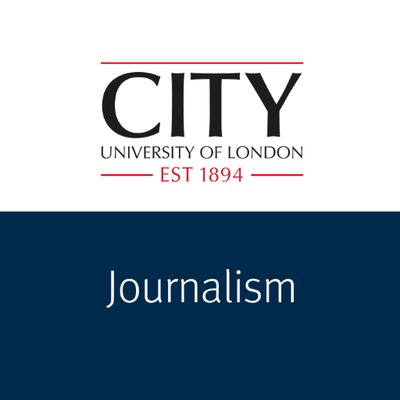Sophie Carlin (L) and Alice de Souza (R) both received scholarships
Can International Students Apply For Scholarships?
As Alice notes, fees for international students are higher than those for UK students, and moving to another country to live and study can be extremely cost-intensive. Tuition fees for international students studying an MA at City are in the region of £25,000. Thankfully there are a few scholarships that international students can apply for.
These include:
• The Richard Beeston Bursary for MA International Journalism;
• The Marjorie Deane Financial Journalism Foundation Scholarship
• The Chevening Scholarship applies for several courses, including the Journalism MAs.
Top Tips When Applying For Scholarships
First things first, make sure you only apply to the scholarships that are relevant to you and the course you want to do. “If you want to do podcasting, you’ll want to apply for the podcasting-specific scholarships,” says Suzanne. “So do your research properly in that respect.”
Applying for scholarships can also be time-consuming, so it’s important to work out a system to help you keep track of everything you want to apply for, when the deadlines are, and what you need to do for the application.
“It removes the mental load of carrying all that around in your head,” says Sophie, who recommends a simple spreadsheet of deadlines, tasks, and outcomes.
Alice also recommends planning far in advance: “Start researching well in advance, ideally at least a year and a half before you want to start the course, as this will give you the chance to apply for more scholarships, as many of them are offered until April,” she says.
It’s also a good idea to plan financially — are there any hidden costs for you that may not be covered by a scholarship, particularly if you’re an international student? Alice recommends noting these down and planning for things like visa and travel costs as soon as possible.






